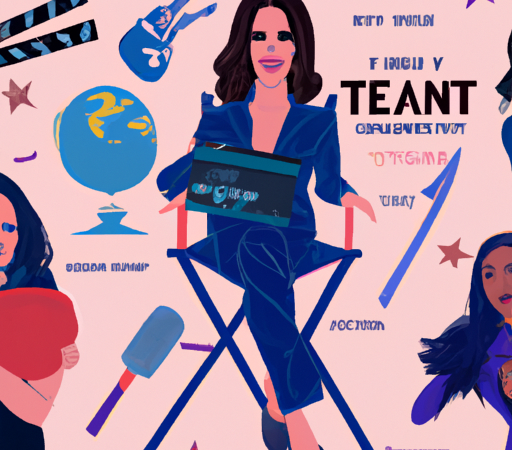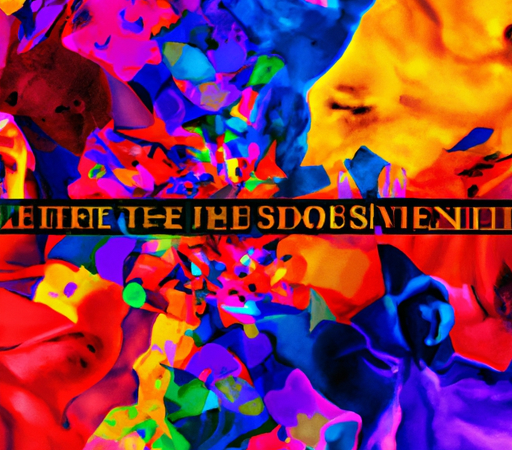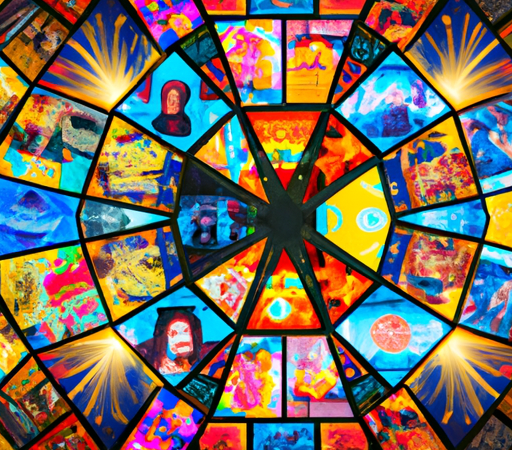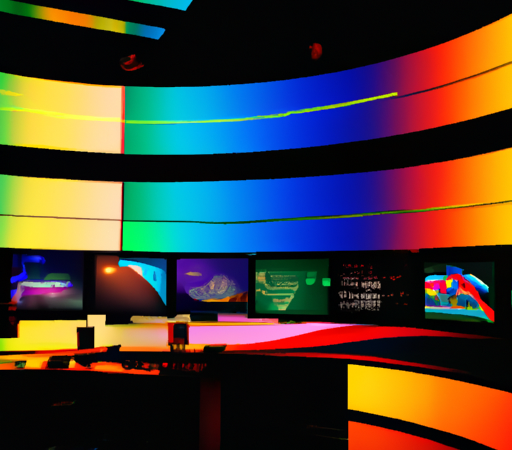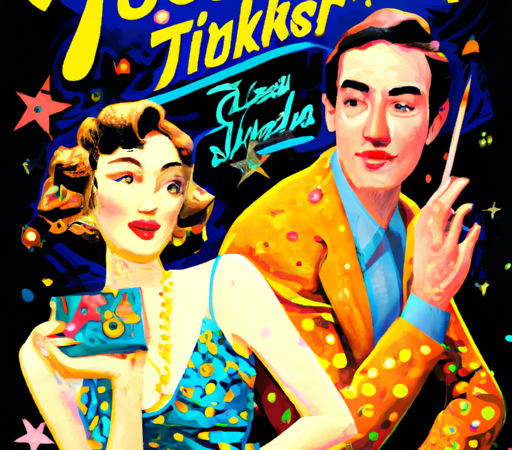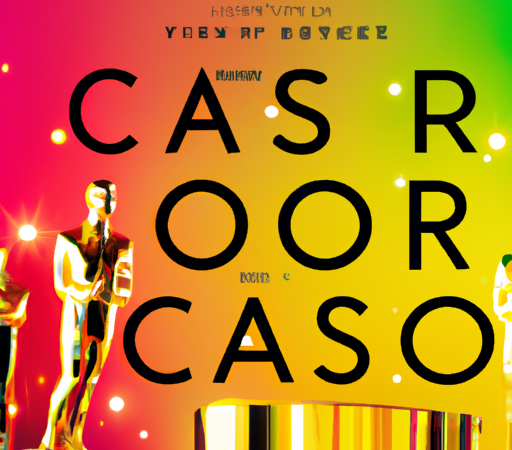Breaking the Mould: Remarkable Moments in Movie and TV History
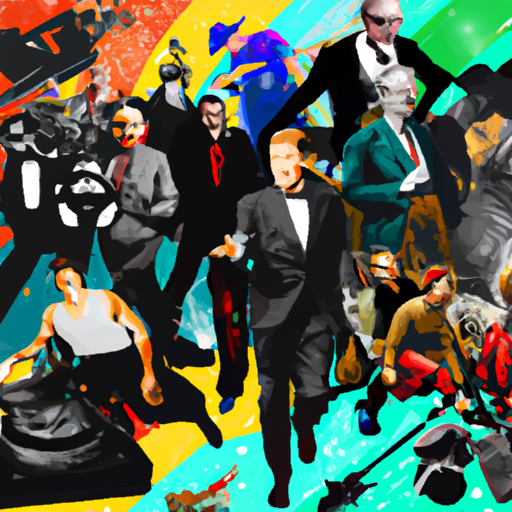
Movies and television have become a significant part of our lives, entertaining and captivating audiences worldwide. Over the years, these mediums have experienced countless iconic moments that stay etched in our memories long after we've left the theater or switched off the TV. From ground-breaking scripts to remarkable performances and innovative storytelling techniques, these remarkable moments in movie and TV history have shattered conventions and transformed the way we perceive visual media.
One such remarkable moment occurred in 1960 with the release of Alfred Hitchcock's "Psycho." This psychological thriller shocked audiences by deviating from traditional storytelling norms. The film's infamous shower scene, featuring Janet Leigh's character Marion Crane being brutally murdered, pushed the boundaries of the acceptable on-screen violence of the time. Hitchcock's masterful direction, coupled with the nerve-wracking score by Bernard Herrmann, forever altered the genre, leaving audiences both terrified and in awe.
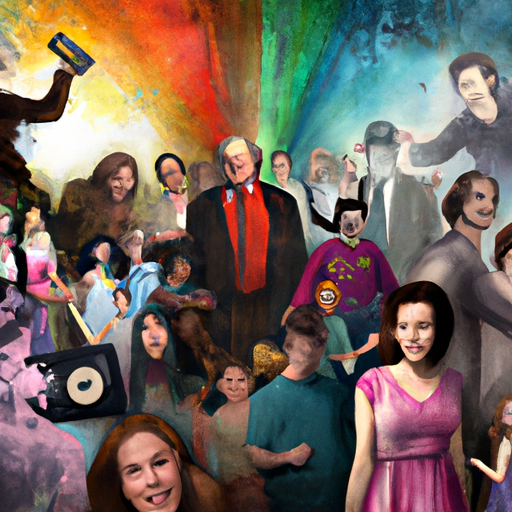
In 1977, "Star Wars: A New Hope" introduced audiences to a world beyond their wildest imagination. Directed by George Lucas, this science fiction epic revolutionized special effects and redefined the possibilities of cinema. The film's stunning visuals, memorable characters, and epic battle sequences took audiences on a thrilling journey unlike anything they had ever seen before. "Star Wars" became a cultural phenomenon, inspiring countless others to explore innovative storytelling techniques and embark on grand adventures in filmmaking.
Television has also had its fair share of remarkable moments that have left a lasting impact on viewers. One such breakthrough occurred in 1991, with the premiere of "Twin Peaks," created by David Lynch and Mark Frost. This mystery drama series pushed the boundaries of conventional TV storytelling, introducing complex characters and intricate plotlines. It challenged viewers' expectations by blending genres, combining elements of crime drama, supernatural horror, and soap opera. "Twin Peaks" demonstrated the artistic potential of television, showcasing that it could be just as thought-provoking and captivating as its big-screen counterpart.
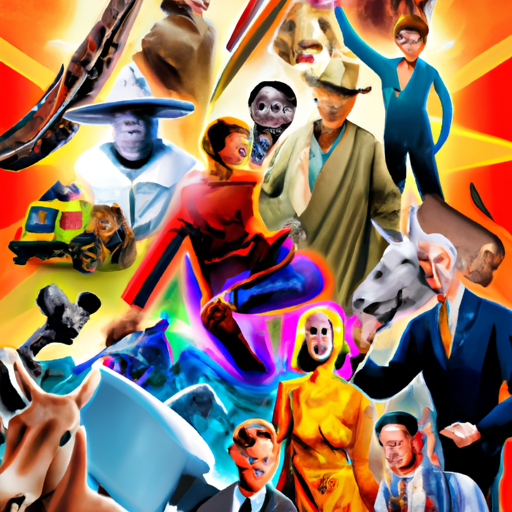
More recently, the critically acclaimed TV series "Breaking Bad" captivated audiences with its morally ambiguous storyline and complex characters. Created by Vince Gilligan, this crime drama explored the transformation of high school chemistry teacher Walter White into a ruthless drug lord. With its gritty depiction of the consequences of choices and moral decay, "Breaking Bad" broke away from the traditional confines of television dramas. The series showcased the power of long-form storytelling, allowing complex character arcs and the exploration of intricate themes.
These remarkable moments in movie and TV history serve as reminders of the artistic power of visual media. By pushing boundaries, challenging conventions, and venturing into uncharted territories, filmmakers and showrunners have managed to surprise and captivate audiences worldwide. These groundbreaking moments have shaped the landscape of cinema and television, inspiring future generations to continue breaking the mould and telling stories that leave an indelible mark on our collective imagination.
As audiences, we can only hope that the future will bring us even more remarkable moments, as filmmakers and showrunners continue to push the boundaries of creativity, storytelling, and innovation.

